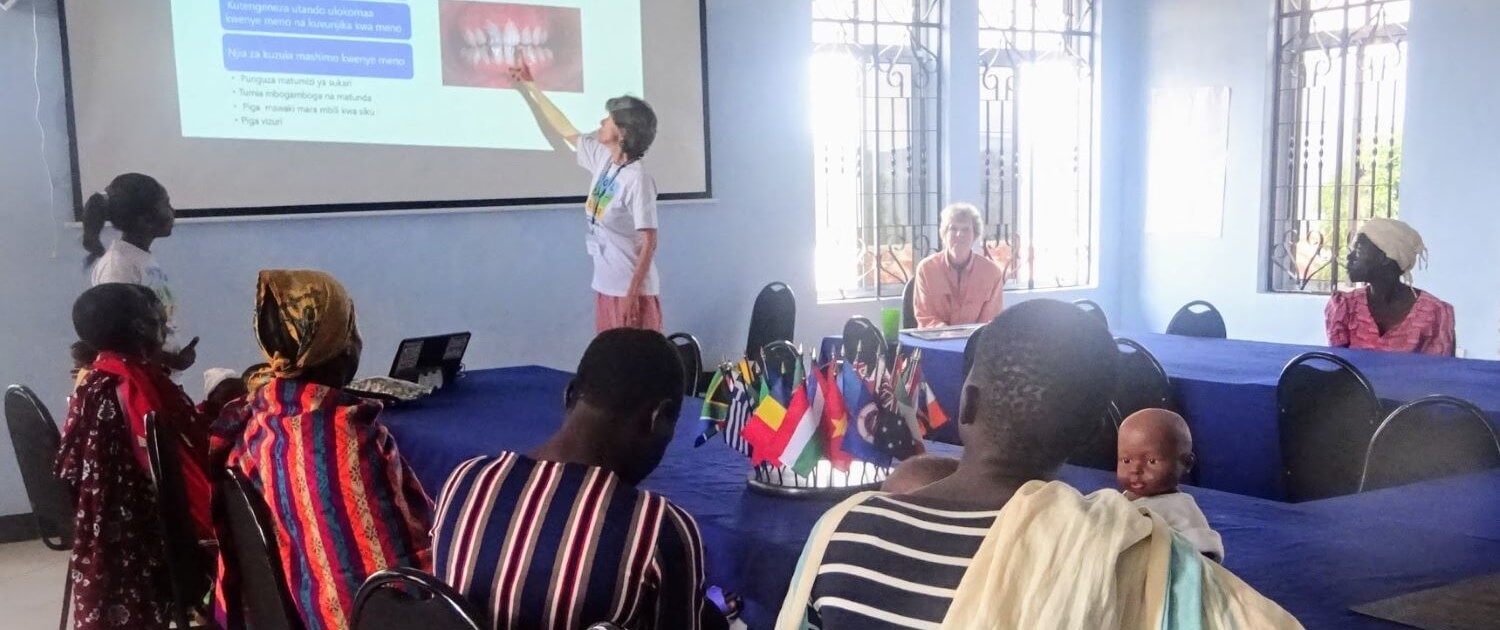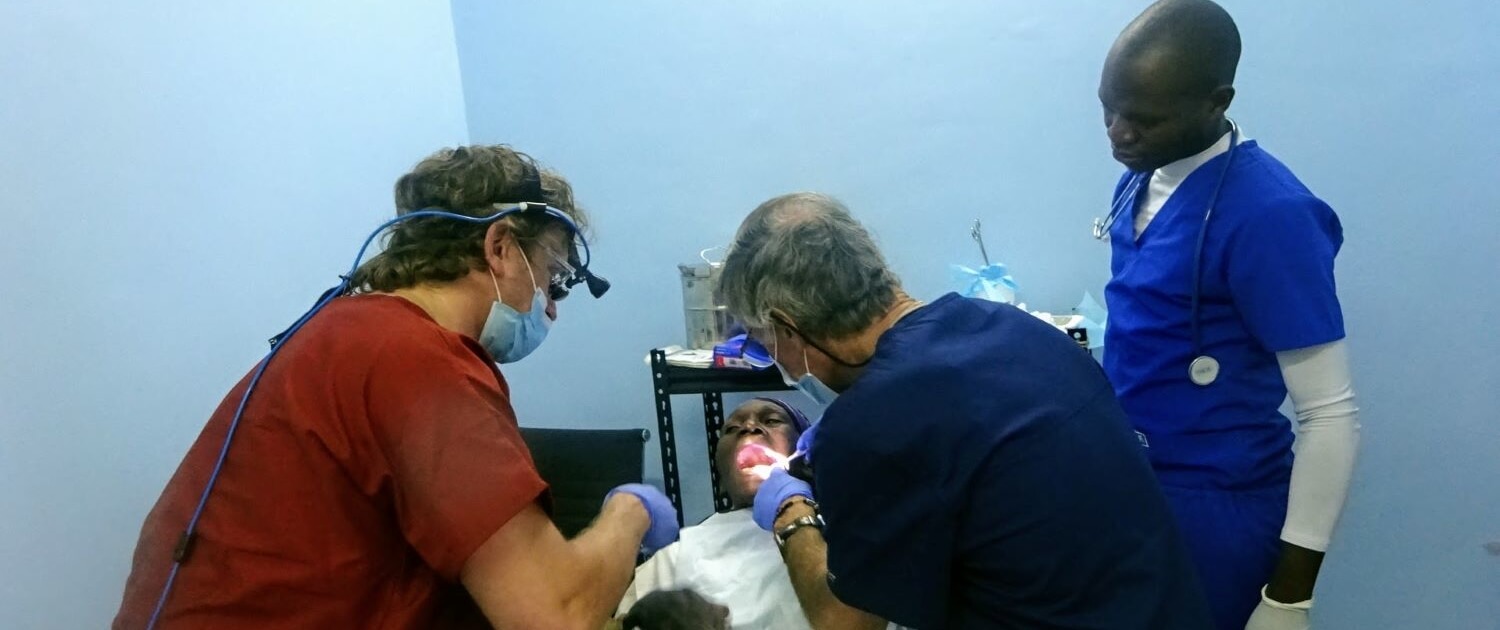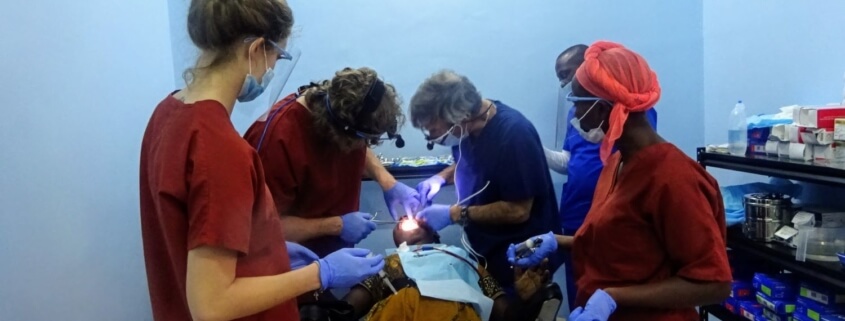RCP Program Improves Family Dental Care in Rural Villages
Global Volunteers promotes the well-being of children around the world in many different ways so they can realize their full potential. This fourth post in a series describes how the Reaching Children’s Potential Program (RCP) provides rural Tanzanian parents and their children needed dental information and care to improve their health.
The RCP Program in the Ukwega Ward of Tanzania provides a full range of support and services to families with pregnant women or new mothers, and accompanies them through their child’s second birthday – that is, the first 1,000 days of life. This includes pregnancy check-ups and delivery, maternal and newborn health care, and practices for good oral hygiene and dental care for both mother and child. Starting in pregnancy, women are taught how to protect their unborn child’s oral health.
When a baby is still in the mother’s womb, at about six weeks of pregnancy and well before they can be seen, teeth start developing. This process continues during gestation until teeth emerge through the gum at about six to twelve months after birth. Baby teeth help infants shape their speech, and allow toddlers good chewing, eating, and digestion. They’re a placeholder for permanent teeth, and their care is critical for long-term oral health. RCP mothers are taught that caring for baby teeth improves the child’s well-being later in life. Dental professionals who serve with Global Volunteers help parents and their children develop good habits for long-term health, and are needed year-round for workshops and examinations.

Parents are taught that the mother’s nutrition is important for baby teeth to grow properly and serve their purpose later in life. Because a proper diet with proper amounts of calcium, phosphorus, vitamin C, and vitamin D is rare in rural Tanzania, RCP mothers receive fortified meals as well as container gardens, seeds, training, and all required supplies so families can grow their own fruits and vegetables. Breast feeding is also encouraged to improve the baby’s digestion, upper respiratory heath, and to discourage harmful bacteria from damaging a newborn’s gums and emerging teeth.
Once a baby has started teething, mothers must begin dental hygiene to prevent tooth decay. In addition to wiping the baby’s teeth with a soft cloth and cleaning their gums, mothers are counseled on the value of brushing teeth. Toothbrushes and toothpaste donations are collected to provide to RCP families and school children. Ideally, baby teeth should be brushed with a baby toothbrush and a smear of fluoride toothpaste the size of a grain of rice twice a day. Once the child turns three, a child toothbrush and a pea-sized amount of fluoride toothpaste is required.

For instance, Tanzania volunteer Maddy Aungst, who served with her father providing dental care in 2018, raised over $6,000 for dental equipment as well as 915 toothbrushes and tubes of toothpaste for families in the Ukwega Ward. She repeated the same fundraising effort in 2021.
Though workshops and home visits, volunteers distribute resources and explain how to use toothpaste and toothbrushes by demonstrating their own routines. Dental professionals also provide direct care to children and adults in the dental suite of the Ipalamwa General Clinic. This is the only time dentistry is available in the villages. Finally, thanks to generous donors, staff distribute material donations supplies to hundreds of RCP families in Tanzania.
You can make a difference here! Through your service, donations and on-going support, pregnant women, mothers and children look forward to improved health and dental hygiene.
You may also like:




Leave a Reply
Want to join the discussion?Feel free to contribute!